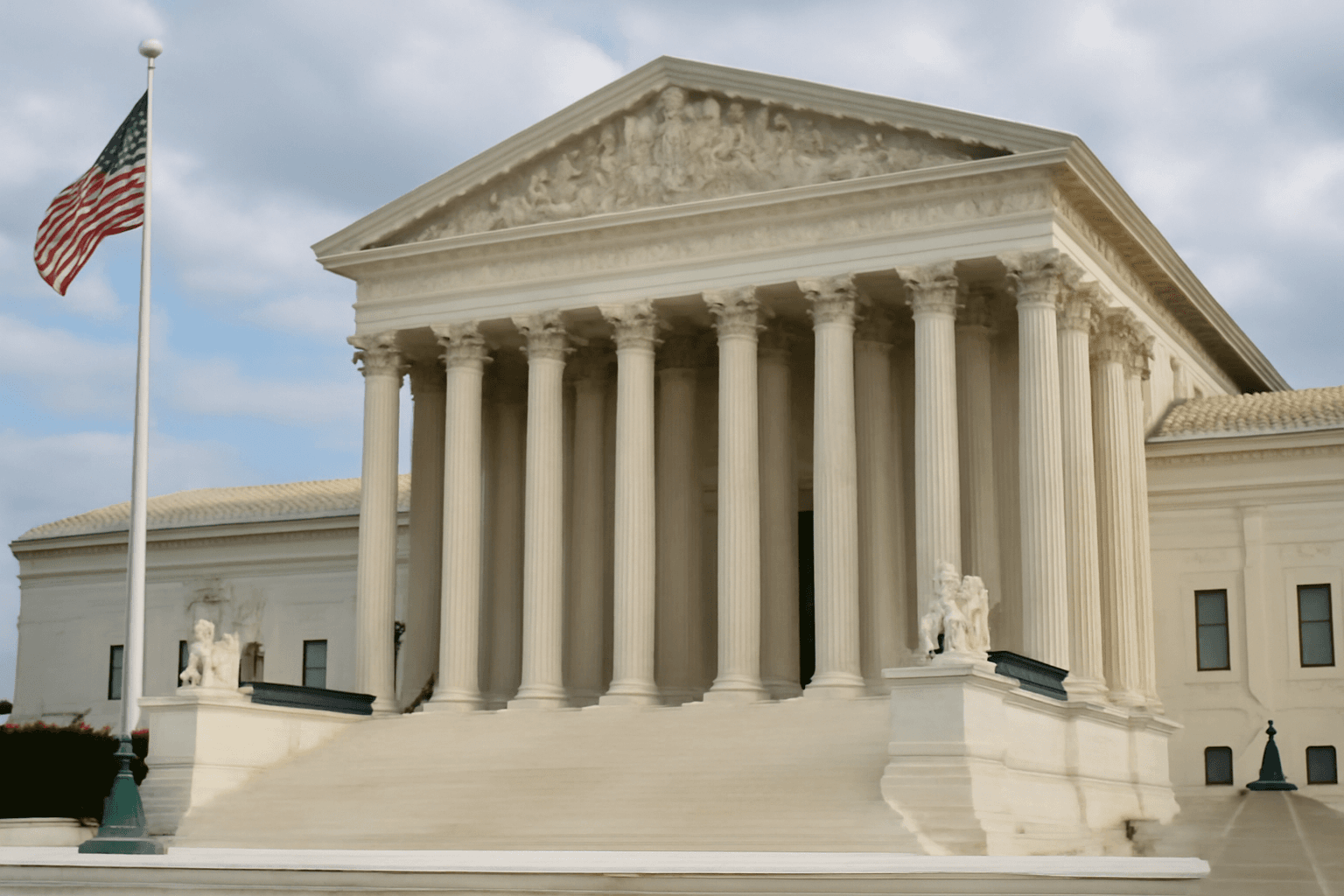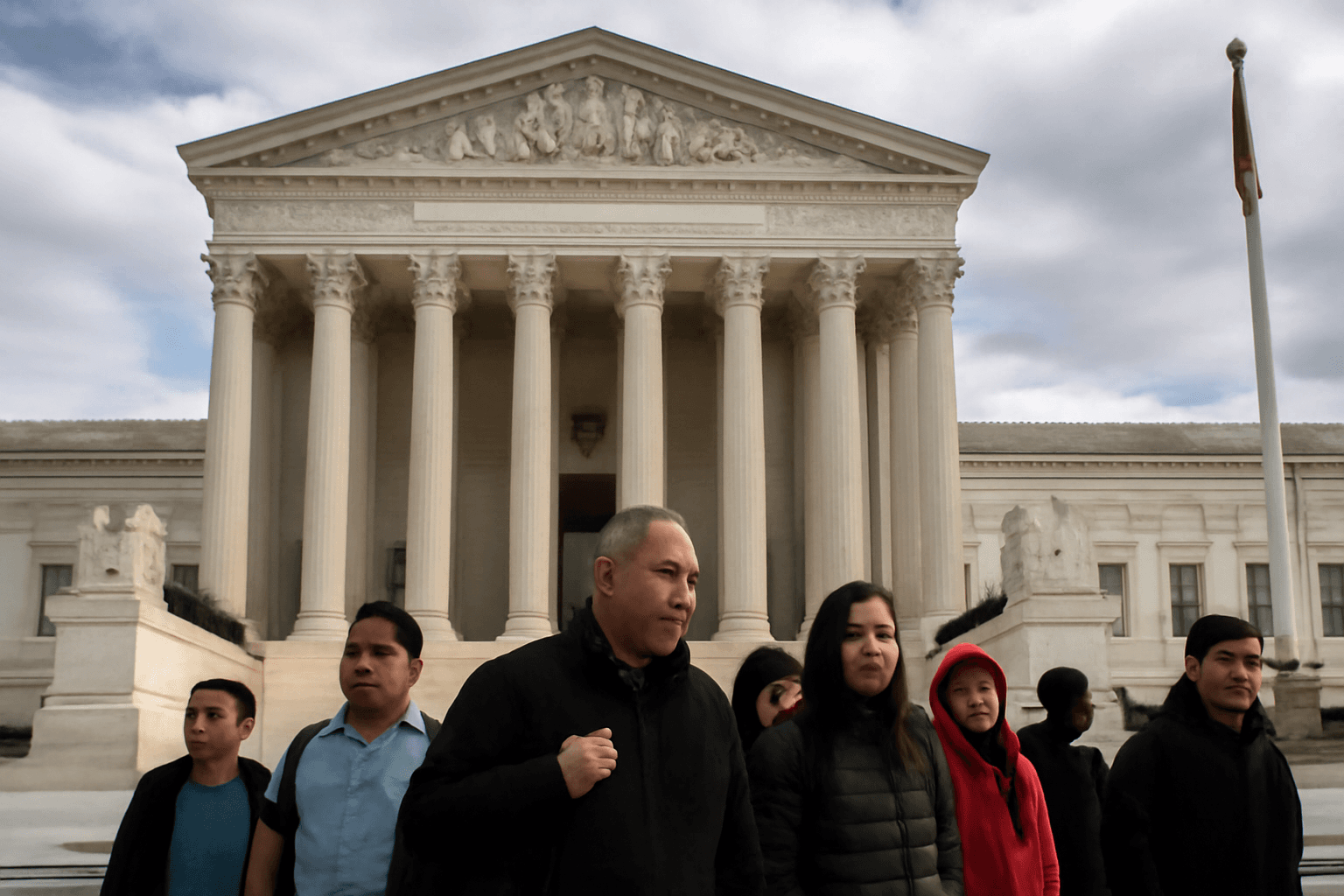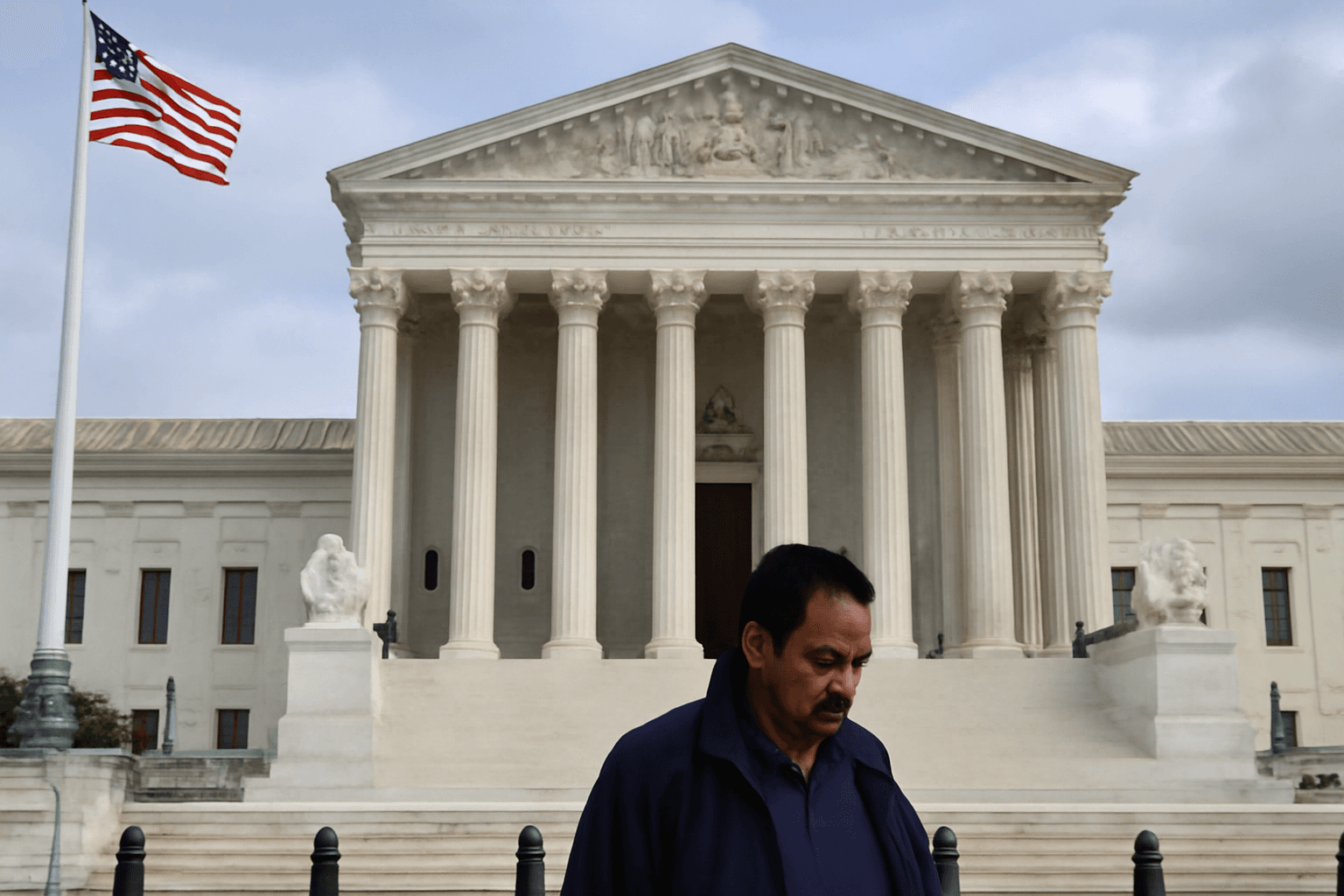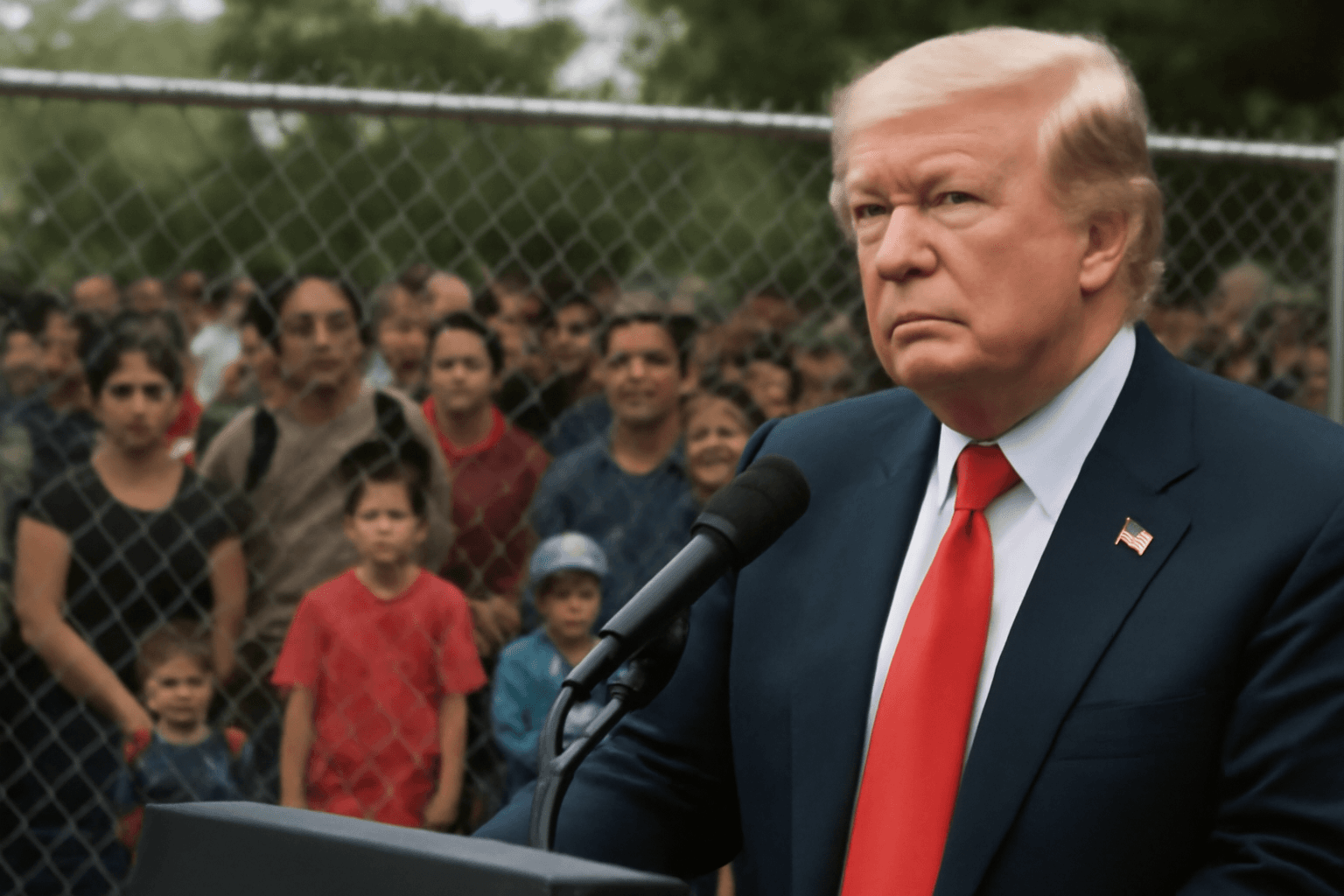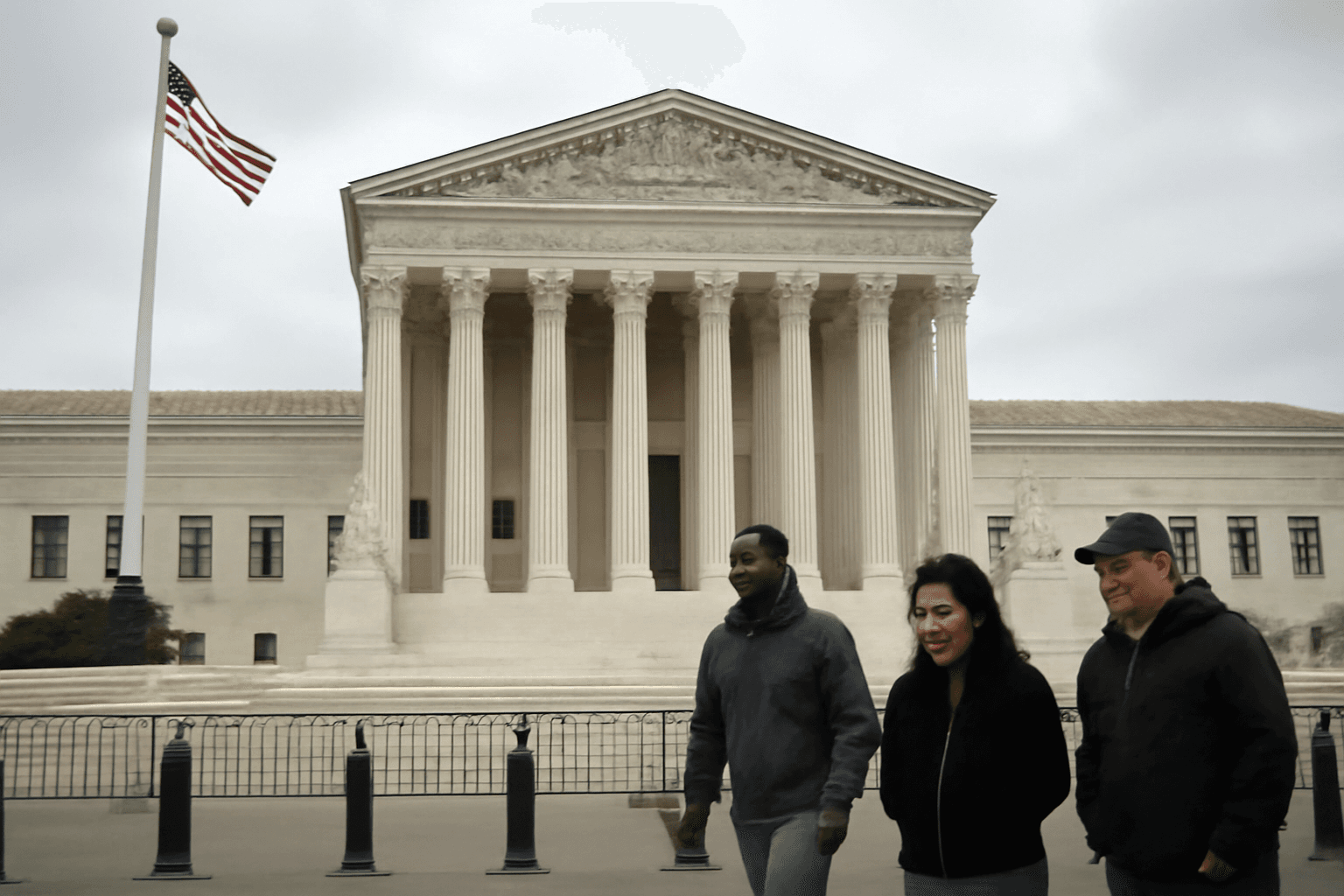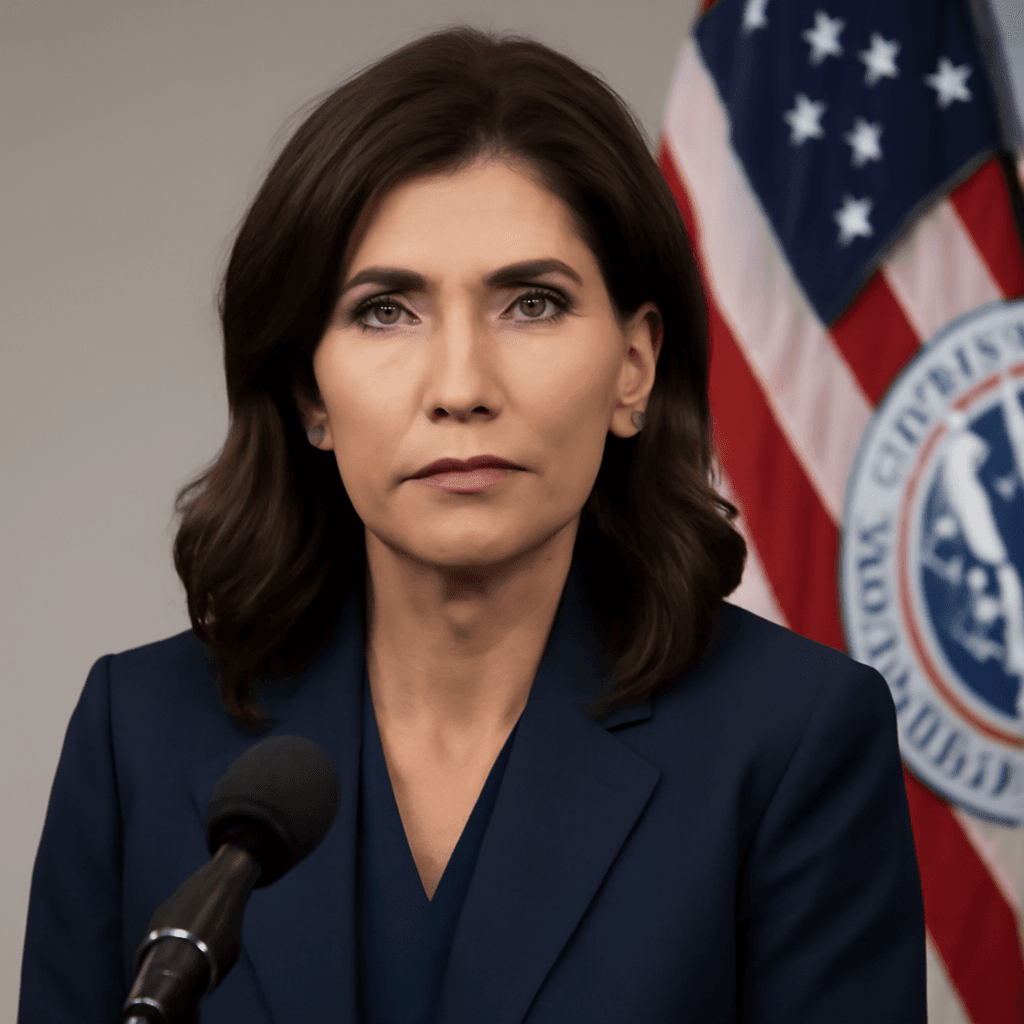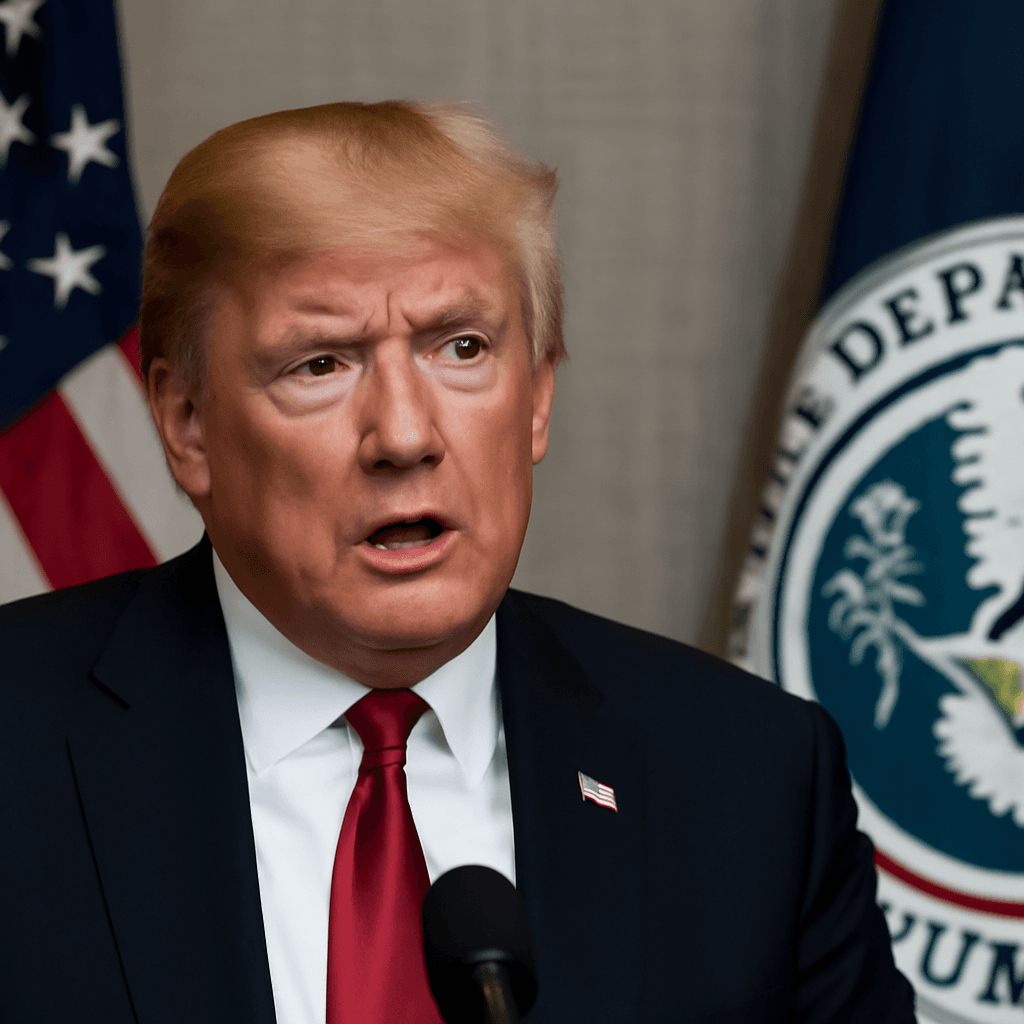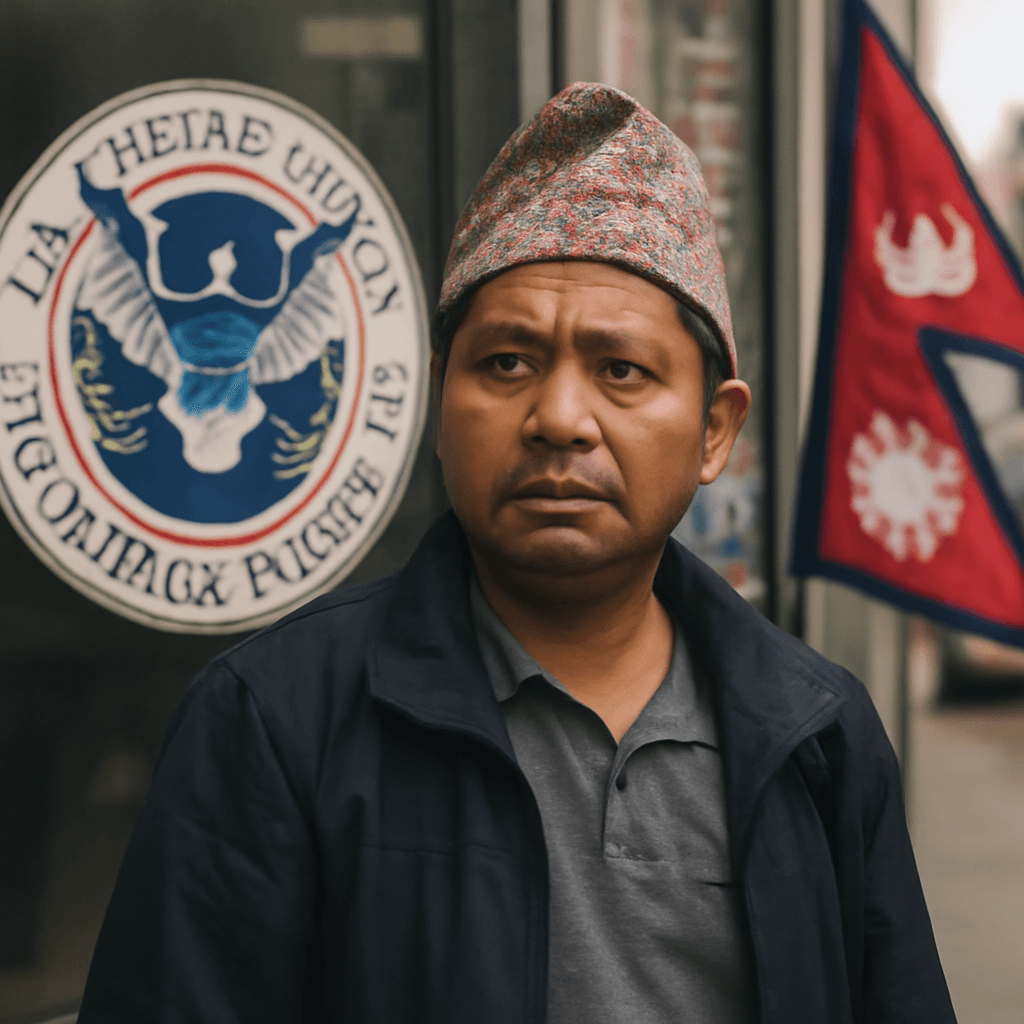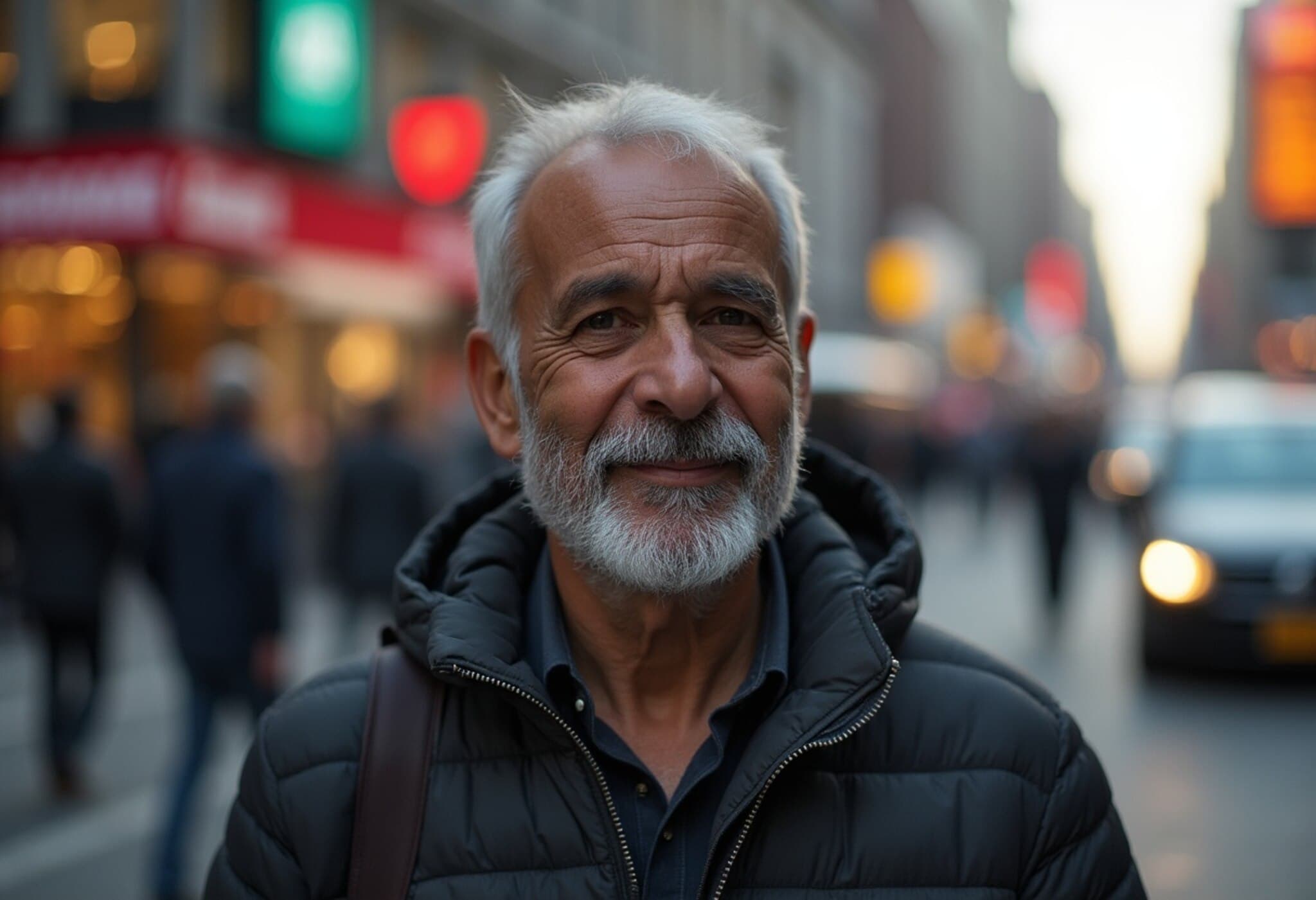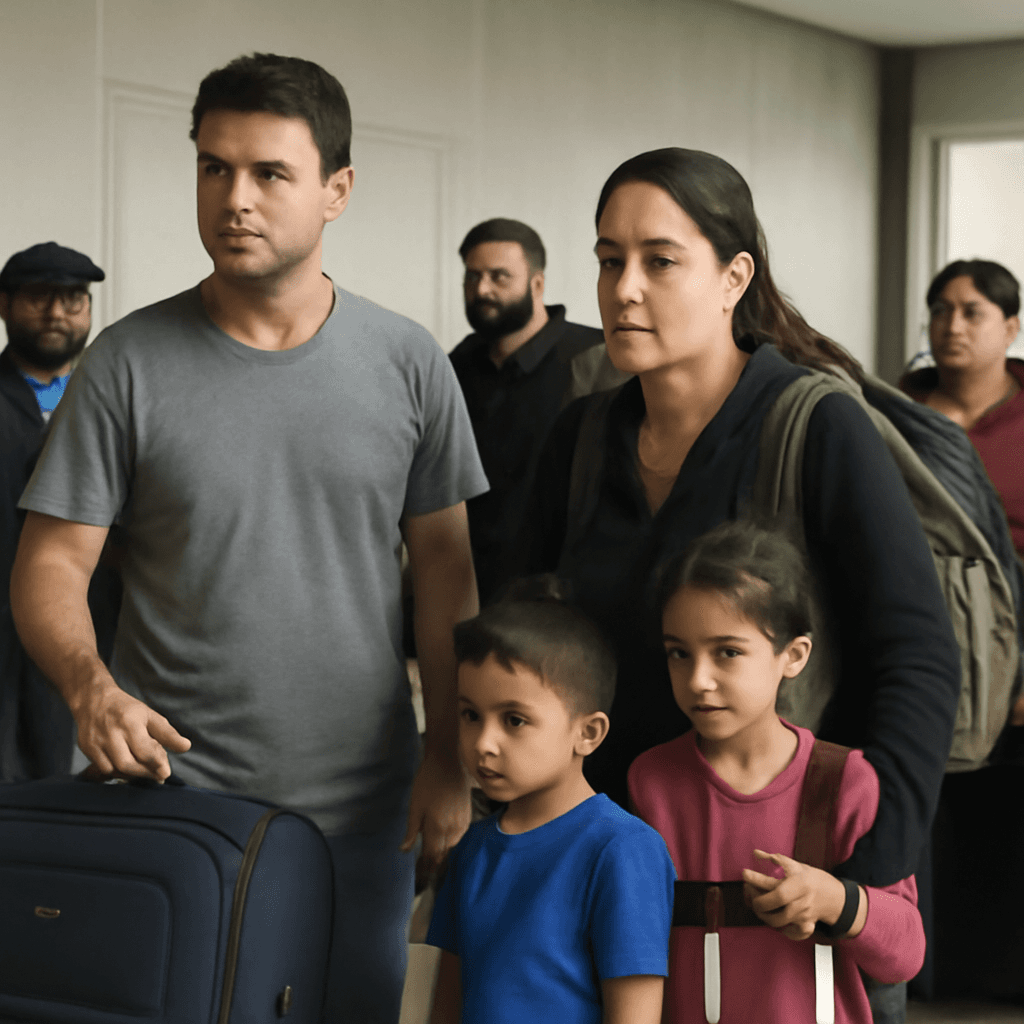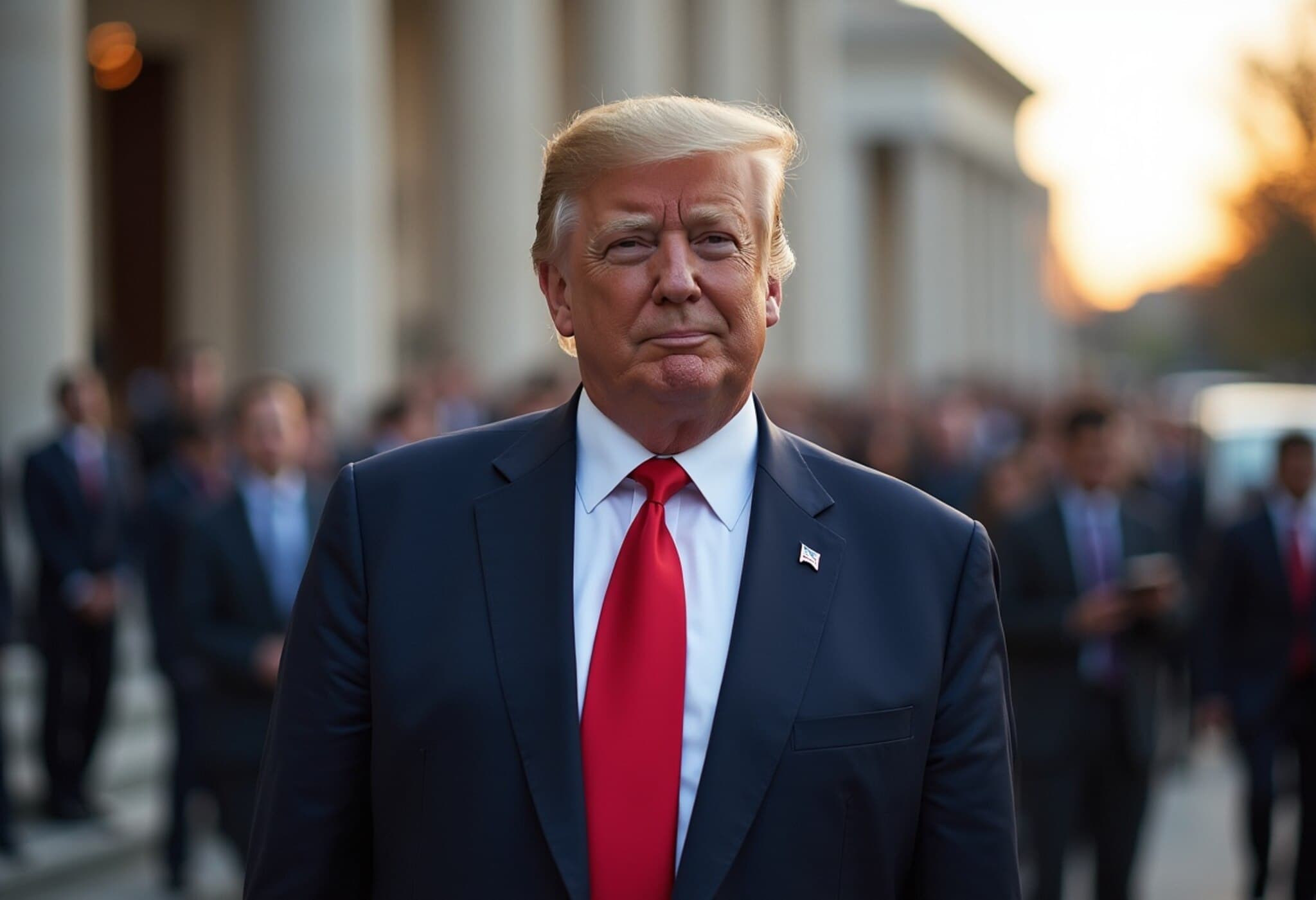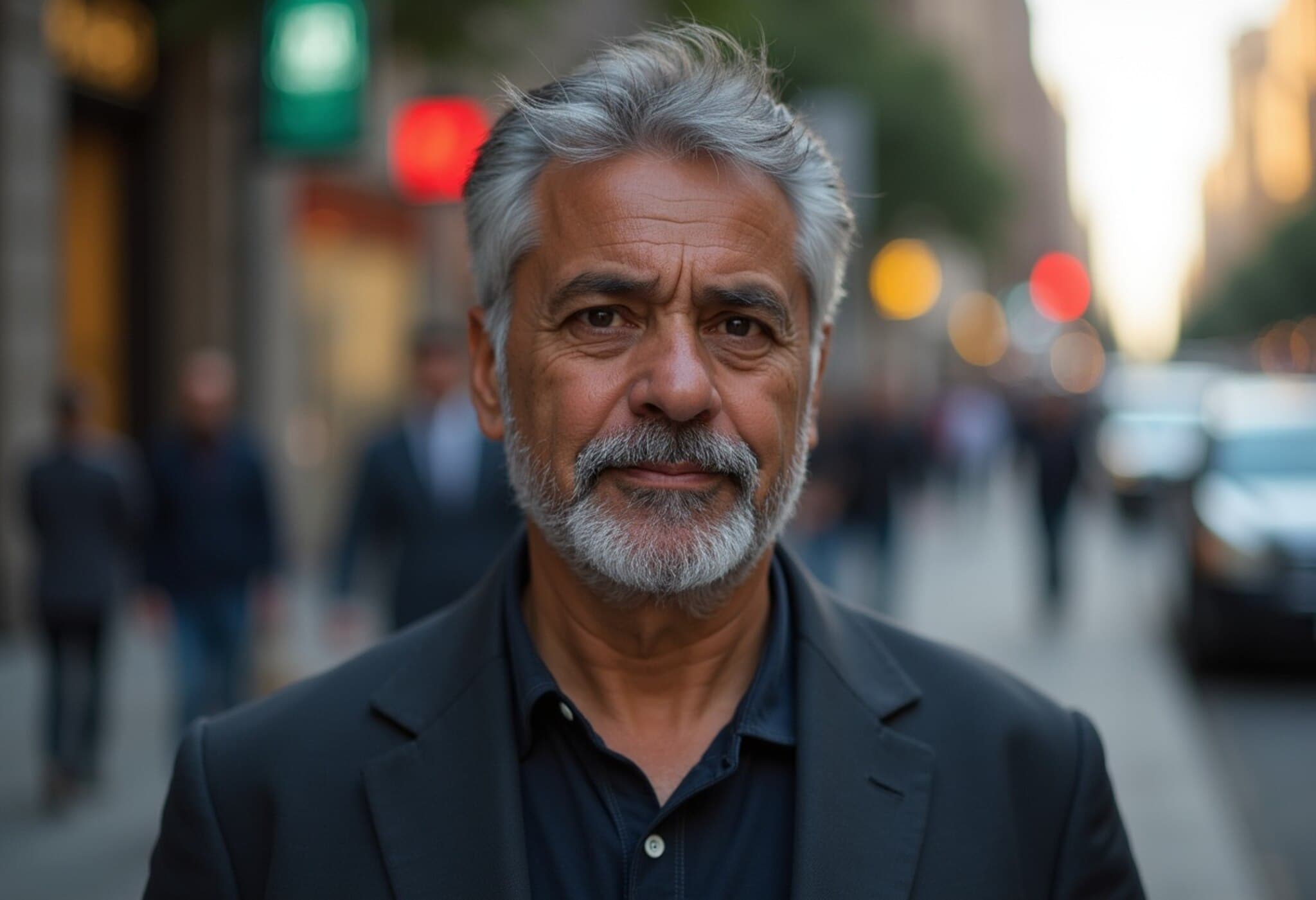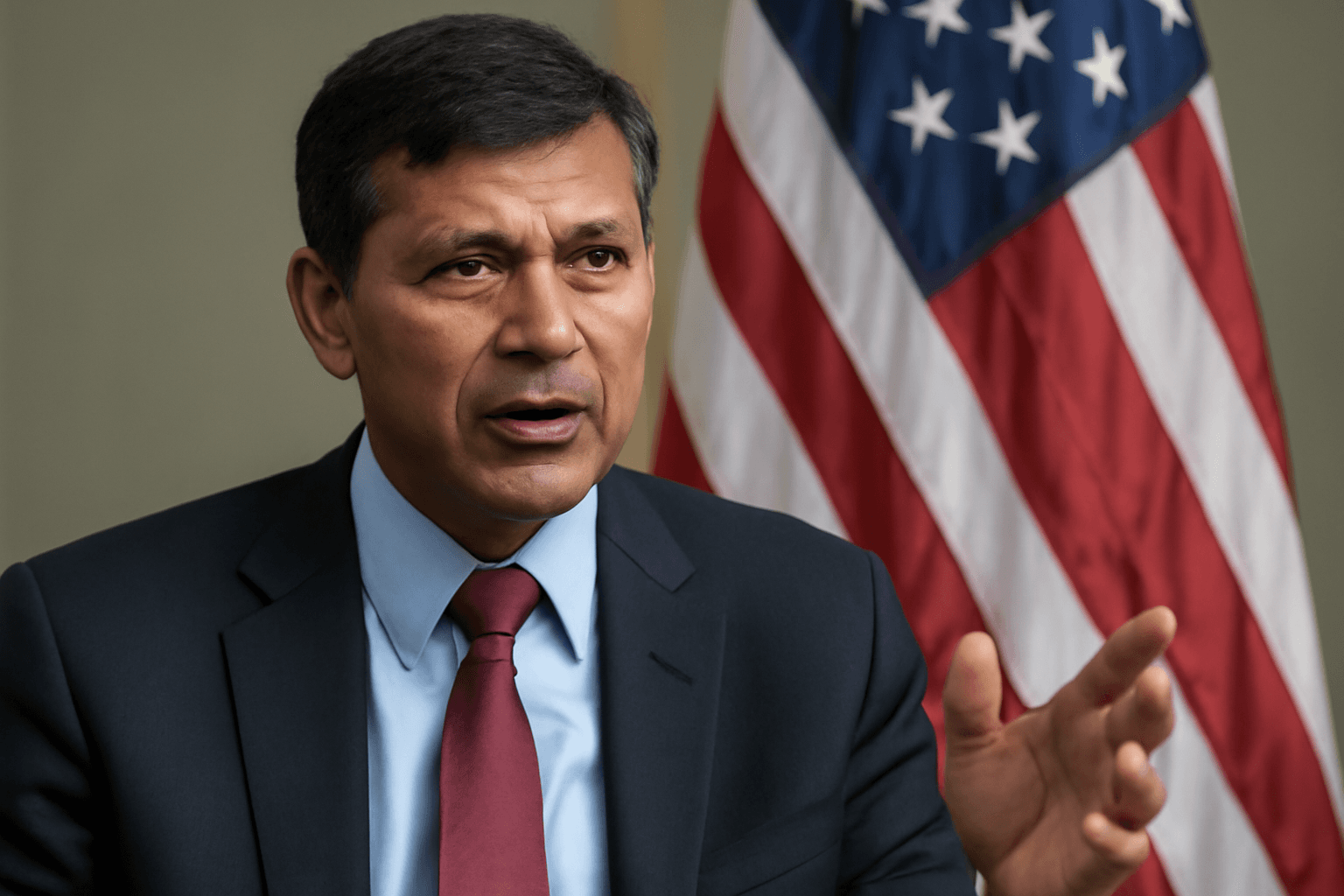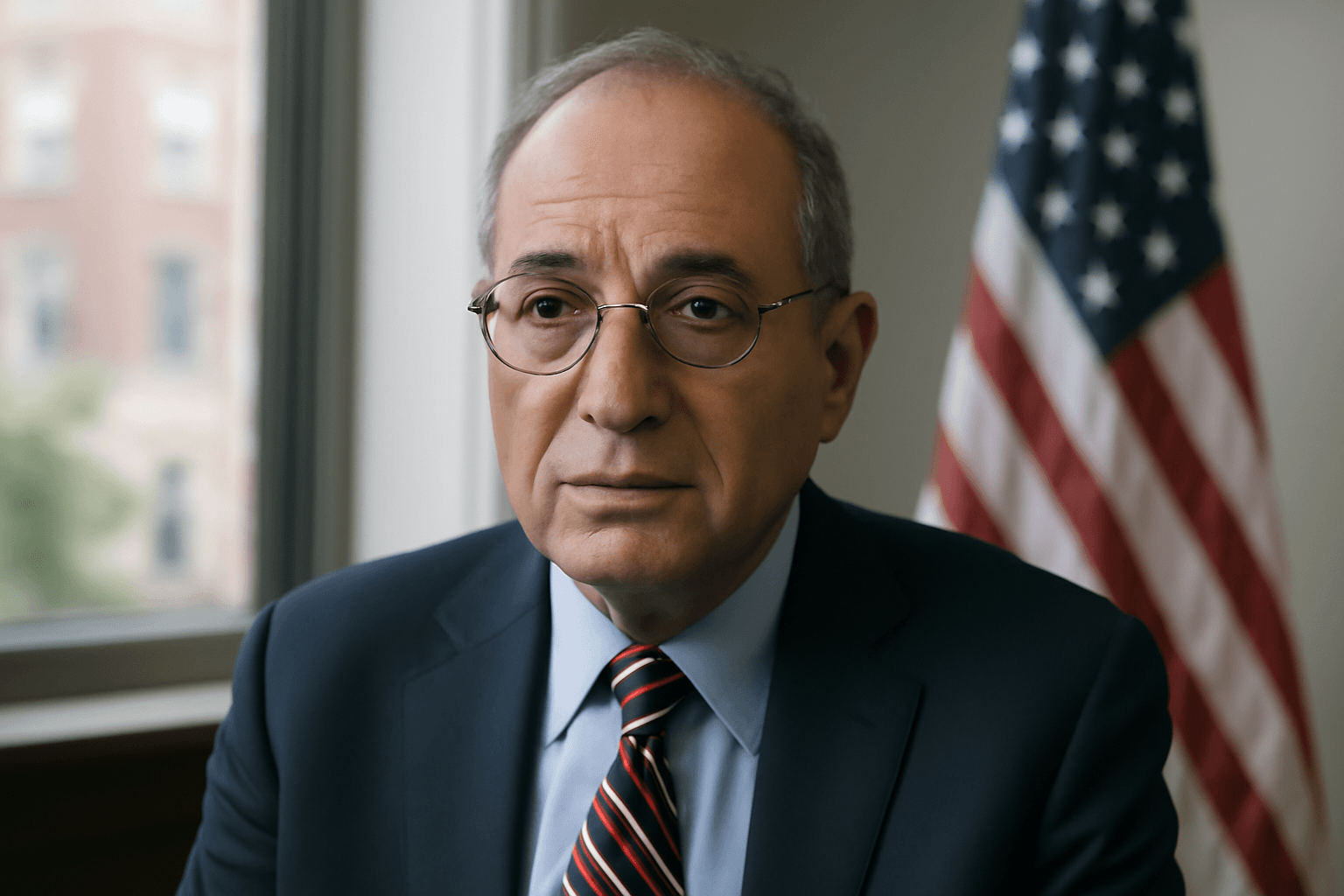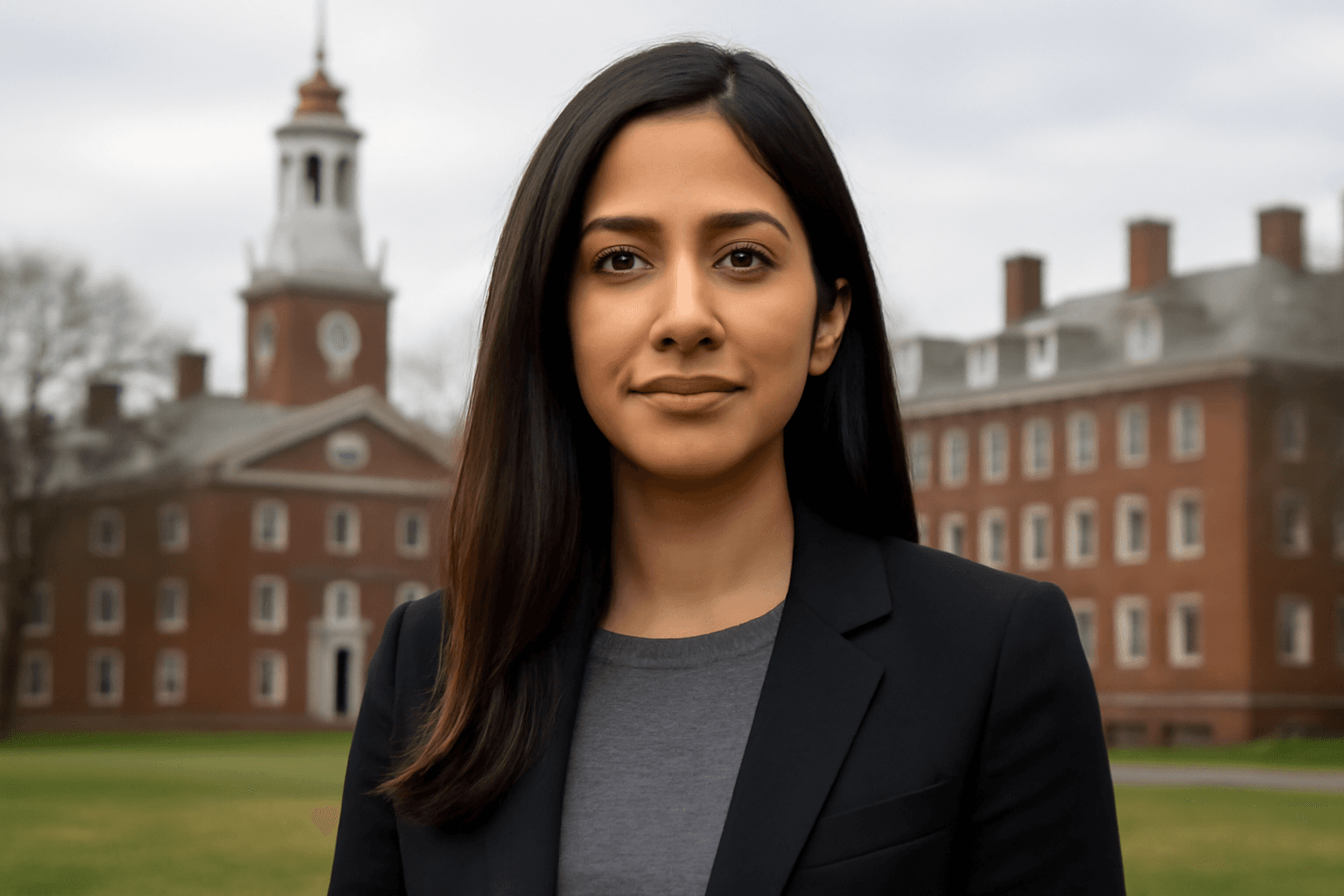The US Supreme Court has permitted the Trump administration to revoke temporary "parole" status for over half a million migrants from Venezuela, Cuba, Haiti, and Nicaragua residing in the United States. This decision supports the administration's efforts to intensify deportations.
The court stayed a federal judge's order that had blocked the termination of the immigration parole granted under the previous administration, thereby allowing the government to proceed with ending the parole status while legal challenges continue in lower courts.
Parole status in US immigration law provides temporary permission to remain in the country due to "urgent humanitarian reasons or significant public benefit," enabling beneficiaries to live and work legally. The program was expanded during President Biden's tenure to include migrants who passed security vetting and had US-based financial sponsors.
On his first day back in office, President Trump signed an executive order aiming to end humanitarian parole programs. Subsequently, the Department of Homeland Security moved to revoke these parole grants, cutting short their typical two-year duration. This revocation facilitates placing migrants under expedited removal proceedings, accelerating deportation.
The case reflects a series of rapid challenges brought by the Trump administration to reverse judicial decisions that impeded immigration policies. Previously, the Supreme Court allowed the termination of Temporary Protected Status for approximately 350,000 Venezuelan nationals, marking a pattern of restricting immigration relief measures granted under the prior administration.
Legal challenges against the parole revocation were filed by migrants and their American sponsors, asserting the government violated federal laws by attempting a broad termination rather than individual case assessments. A federal judge ruled that the law mandates case-by-case parole review, but the appeals court declined to halt the ongoing revocation.
The Justice Department argued that halting the revocation disrupted key immigration policies designed to deter illegal entry and contradicted democratic mandates reflected in the recent presidential election.
Opponents warn that ending parole status places many migrants at risk of abrupt deportation to countries where they face threats of persecution, violence, and potential death. They emphasize that ongoing asylum and immigration relief applications remain paused, further endangering these individuals and separating families.

